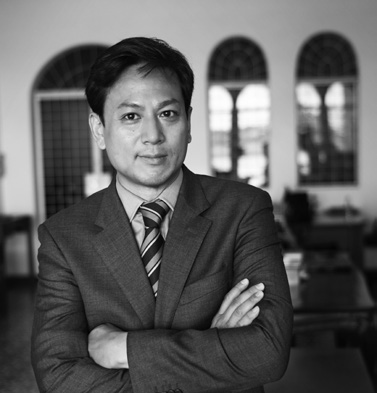Do you have to do research before making an important decision? What do you think would happen if you threw yourself into a business decision without evaluating the current economic climate? Research helps you to make an informed decision based on current trends while taking numerous different variables into account.
A Financial Analyst helps companies and clients understand current market and industry specific trends in order to allow them to make key business decisions. The Financial Analyst is responsible for undertaking macro and microeconomic research, along with analysis of industry-specific data trends, to form recommendations for clients looking to buy or sell investments. They continuously stay on top of current events, prepare detailed reports, valuations and financial models. Research and mathematics are key skills required for this position.

DID YOU KNOW?
- A Financial Analyst doesn’t actually invest in stocks, bonds or other financial tools. The Analyst has a strictly advisory role.
- There are two types of Financial Analysts: buy-side and sell-side.

Managing partner
KYNN & CIE
I studied finance in Europe, graduating with a Bachelor’s degree in Finance and Business. I’ve been working for nearly 20 years in the finance industry.
Officially, the title of Financial Analyst or Junior Financial Analyst is only given once you’ve finished your CFA. So as I was studying for the CFA, I began working as an Analyst with Investment Managers for the first 3 years. In Cambodia, the term financial analyst is used to describe many people working in the sector, but the reality is that it takes at least two years of work and effort to truly reach that position.
Once you earn your CFA, to become a strong Financial Analyst you need to work for an additional five years in a bank to be understand the vast responsibilities of a Financial Analyst. There are two types of Financial Analysts: the Generalist, looking at all industries, and the Specialist, who focuses on specific industries (telecoms, energy, insurance, utilities, pharmaceuticals, etc.)
Originally, my family wanted me to become a doctor. But to me, numbers, valuation, modelling and economics were far more interesting, and we were living in a time when finance was becoming more and more important. This created lots of job opportunities, so the timing was perfect for me. Even now, new technologies, like the online world, are forever creating new jobs in finance. What I enjoy most about this position is the responsibilities you are given. I was responsible for the tech and telecom industry. When I started, this was very exciting as it was the beginning of the Internet age. Google, Yahoo, EBay—everything was brand new.
As a Financial Analyst your day starts with finding out what is going on in the world of finance and understanding what the impacts are for the industry and your clients. Then there is a morning meeting to recap and share what is going on—and that’s all before 9 a.m., when the markets open. All Investment Managers, and anyone looking to progress through the ranks of finance, must have the CFA. To take the CFA, Cambodian candidates must go to Vietnam, Singapore or Thailand. But once you have the CFA, the opportunities are endless.





